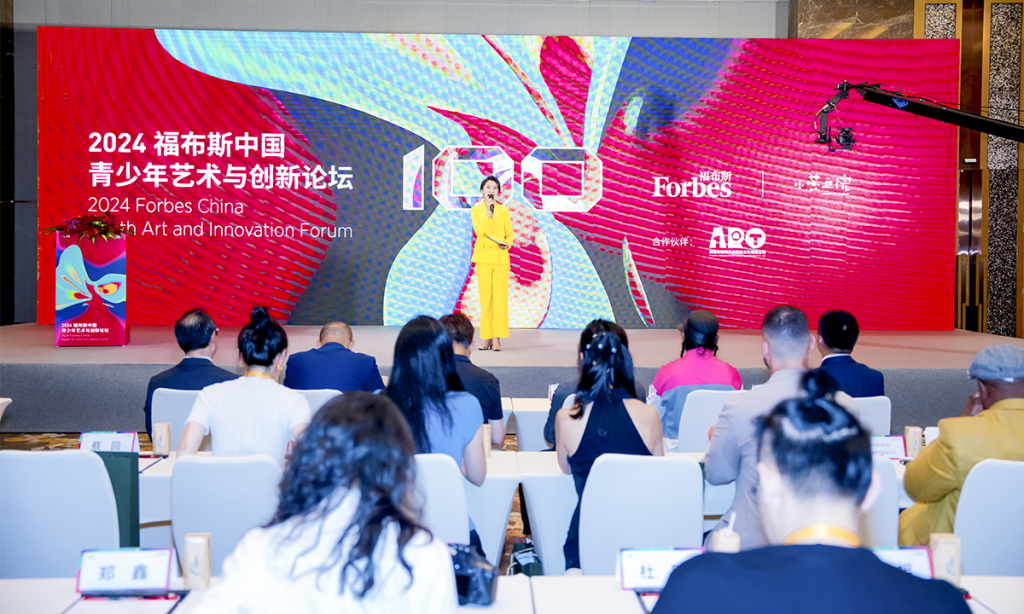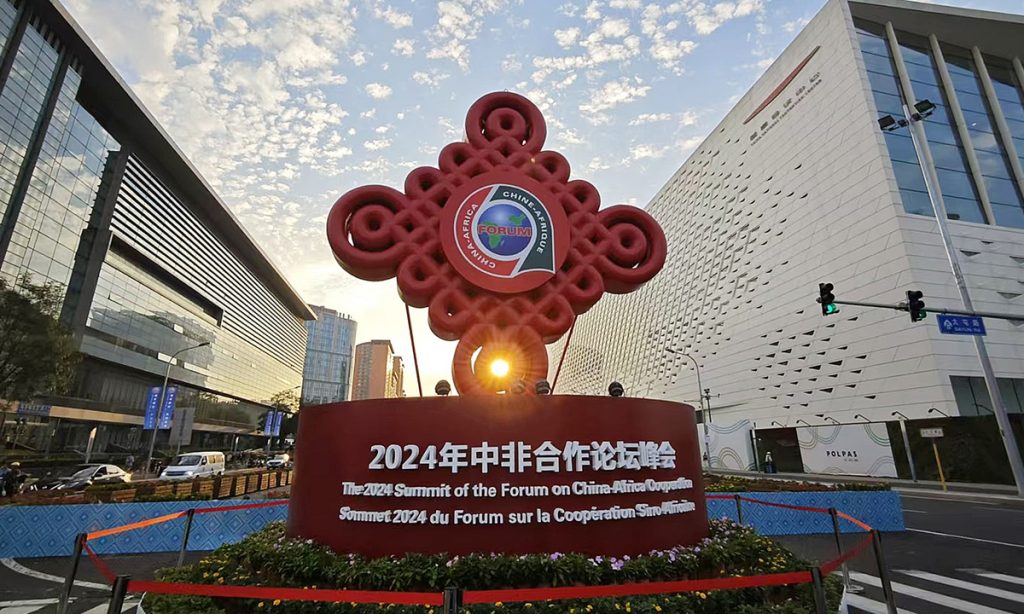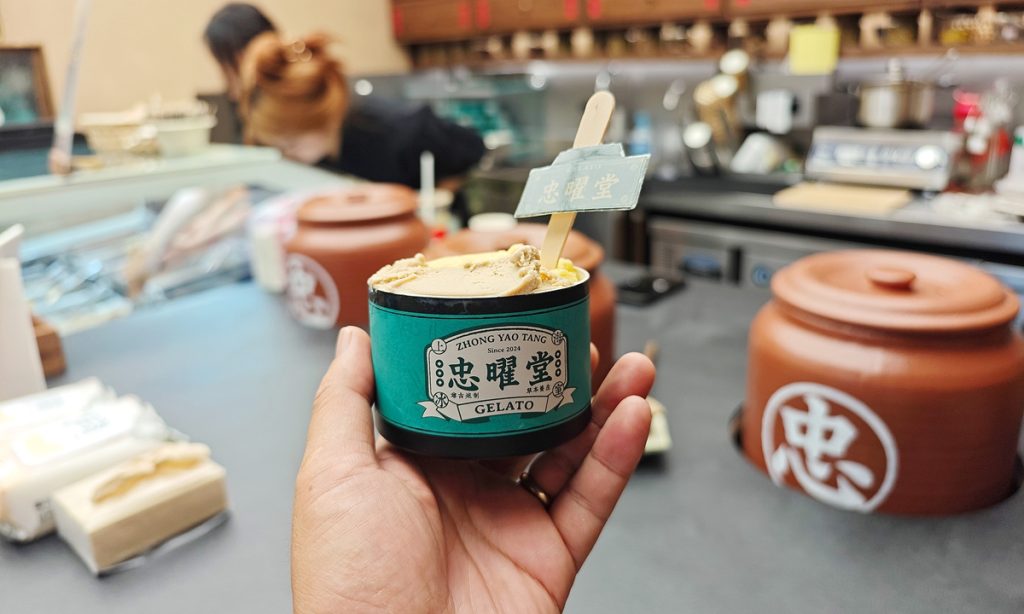Business climate matures with opening-up despite West’s ‘decoupling’ push

The fifth Qingdao Multinationals Summit was held recently in Qingdao, East China's Shandong Province, drawing more than 500 attendees from more than 450 multinational enterprises. In a complex international environment, the summit was, to some extent, an epitome of the true interaction between China and the global economy.
China is ramping up efforts to attract foreign investment, underscoring its commitment to further opening up its vast market to global enterprises. The Qingdao Multinationals Summit, coming at a time when a series of high-level meetings reaffirmed China will remain committed to the basic state policy of opening to the outside world, highlighted the latest stage of a concrete effort by the Chinese government to attract foreign investors and provide them with a more favorable, convenient and business-friendly environment.
Recently, some Western politicians and media outlets have hyped a narrative that the investment environment in China is "deteriorating." Their purpose is to create a sense of insecurity among foreign investors, in line with their efforts to artificially push economic "decoupling" from China, and to stymie China's ability to develop high-tech industries. However, facts have proven that China's business environment has continued to improve, as the country further expands high-level opening-up.
Earlier this month, an executive meeting of the State Council reviewed and approved four documents including the 2024 edition of a set of special administrative measures - a negative list - for foreign investment access.
According to the negative list, China will relax restrictions on foreign investment further by completely abolishing entry barriers in the manufacturing sector, while accelerating the opening up of sectors such as telecommunication, education and healthcare services, the Xinhua News Agency reported.
Such efforts showcase China's high-quality development and high-level opening-up and help foreign companies better grab China's opportunities. Any rumors or smears against China's business environment are easily debunked in the face of such a big move in attracting foreign investment. China holds a consistent attitude on welcoming foreign enterprises. Foreign companies that operate in accordance with the law absolutely have nothing to be concerned about.
From another perspective, the Qingdao Multinationals Summit not only served as the latest effort by China to attract foreign investment, but also demonstrated foreign investors' confidence in the Chinese economy, constituting a model of positive interaction.
More than 500 delegates from multinational enterprises attended this year's summit, including 99 multinational companies participating in the summit for the first time. Many delegates said that they believe the resilience of China's economy and its high-quality development are creating new opportunities for multinational companies, according to media reports.
China's commitment to high-standard opening-up and an improved business environment has boosted the confidence of foreign investors. It is believed the country will remain one of the world's most attractive destinations for foreign direct investment (FDI), despite a complex international environment, geopolitical tensions and some countries' attempts to exclude China from the global supply chain.
Multinational companies are not only interested in China's consumer market, but also many other factors such as its complete industrial chain and technological innovation.
In recent years, China's high-tech industries became a bright spot in attracting foreign investment. The high-tech industries attracted 423.34 billion yuan ($59.6 billion) of FDI in 2023, accounting for 37.3 percent of the country's total utilized FDI. China has provided fertile soil for the development of new technologies and business forms.
China's attraction to foreign investment is continuing to expand. Moreover, this attraction is not just the growth of China's consumption, but a comprehensive economic advantage. As some participants said on the sidelines of the Qingdao Multinationals Summit, they see the long-term growth potential of China, which is why they continue to increase investment in the country.


